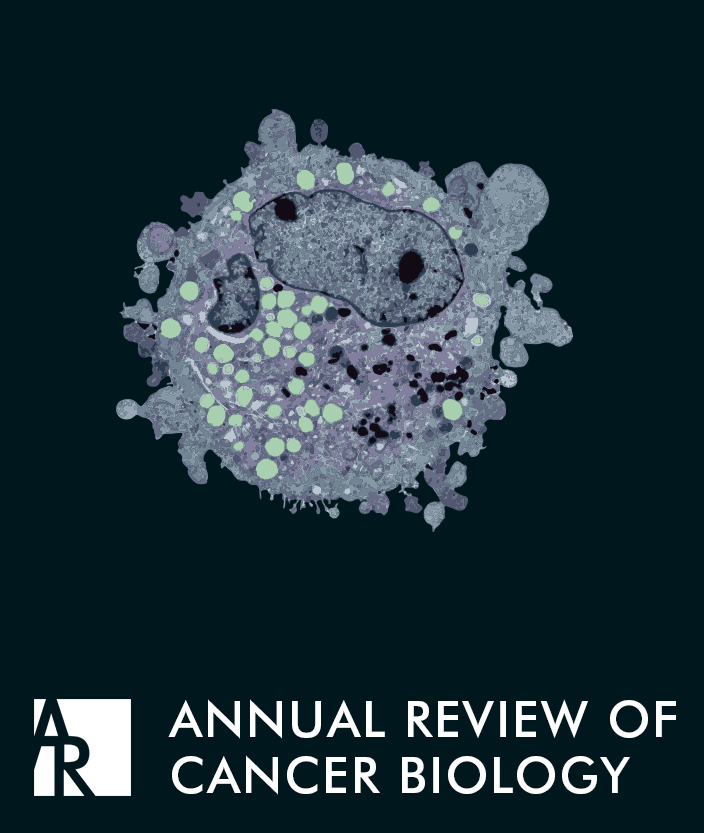癌症患者组织不可知治疗的进展
IF 6.1
2区 医学
Q1 ONCOLOGY
Annual Review of Cancer Biology-Series
Pub Date : 2022-04-11
DOI:10.1146/annurev-cancerbio-060921-021828
引用次数: 2
摘要
2017年,FDA(美国食品和药物管理局)批准pembrolizumab,一种程序性死亡1 (PD-1)抑制剂,用于治疗不可切除或转移性,微卫星不稳定性高(MSI-H)或错配修复缺陷(dMMR)实体瘤,无论肿瘤部位或组织学如何。这是第一个基于生物标志物的鉴定和独立于肿瘤部位的批准。尽管这种方法在直觉上似乎是合理的,但组织不可知的药物开发可能会因肿瘤特异性耐药机制或其他可能改变药物效果的因素而变得复杂。组织不可知方法固有的一个事实是,药物对未研究的肿瘤类型的作用可能存在剩余的不确定性(例如,在批准时)。然而,这种方法可能是唯一可用的机制,以支持批准和提供药物用于治疗某些罕见的生物标志物阳性癌症患者。本文章由计算机程序翻译,如有差异,请以英文原文为准。
Development of Tissue-Agnostic Treatments for Patients with Cancer
In 2017 the FDA (US Food and Drug Administration) approved pembrolizumab, a programmed death 1 (PD-1) inhibitor, for the treatment of unresectable or metastatic, microsatellite instability–high (MSI-H) or mismatch repair–deficient (dMMR) solid tumors, regardless of tumor site or histology. This represented the first approval based on the identification of a biomarker and independent of tumor site. Although this approach may intuitively appear rational, tissue-agnostic drug development can be complicated by tumor-specific resistance mechanisms or other factors that can alter a drug's effect. Inherent with the tissue-agnostic approach is the fact that there may be residual uncertainty concerning a drug's effect in unstudied tumor types (e.g., at the time of approval). However, this approach may be the only available mechanism to support approval and provide access to a drug that is indicated for the treatment of patients with certain rare biomarker-positive cancers.
求助全文
通过发布文献求助,成功后即可免费获取论文全文。
去求助
来源期刊

Annual Review of Cancer Biology-Series
Medicine-Oncology
CiteScore
14.50
自引率
1.30%
发文量
13
期刊介绍:
The Annual Review of Cancer Biology offers comprehensive reviews on various topics within cancer research, covering pivotal and emerging areas in the field. As our understanding of cancer's fundamental mechanisms deepens and more findings transition into targeted clinical treatments, the journal is structured around three main themes: Cancer Cell Biology, Tumorigenesis and Cancer Progression, and Translational Cancer Science. The current volume of this journal has transitioned from gated to open access through Annual Reviews' Subscribe to Open program, ensuring all articles are published under a CC BY license.
 求助内容:
求助内容: 应助结果提醒方式:
应助结果提醒方式:


